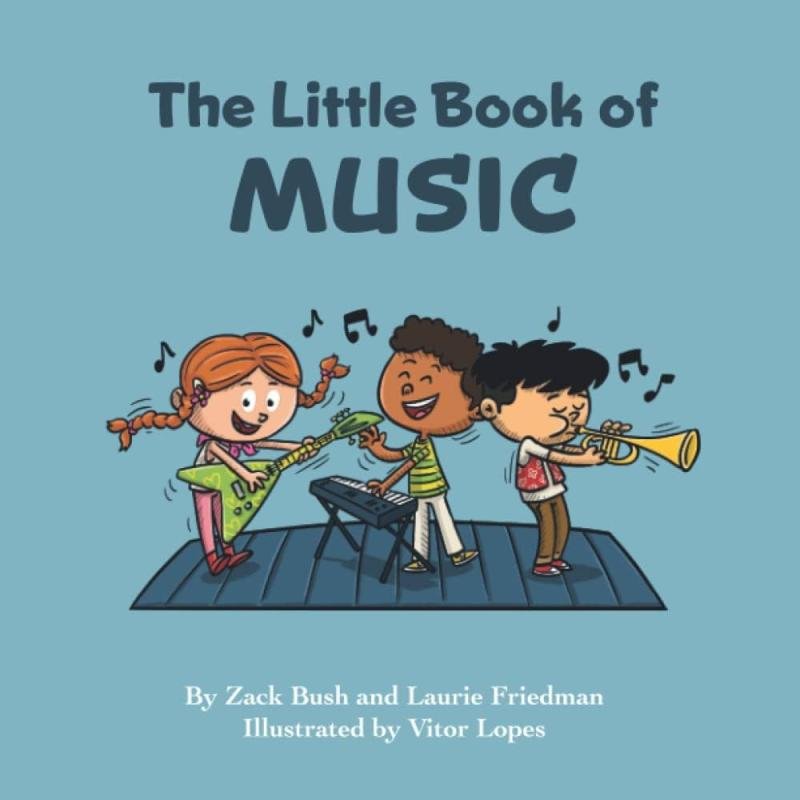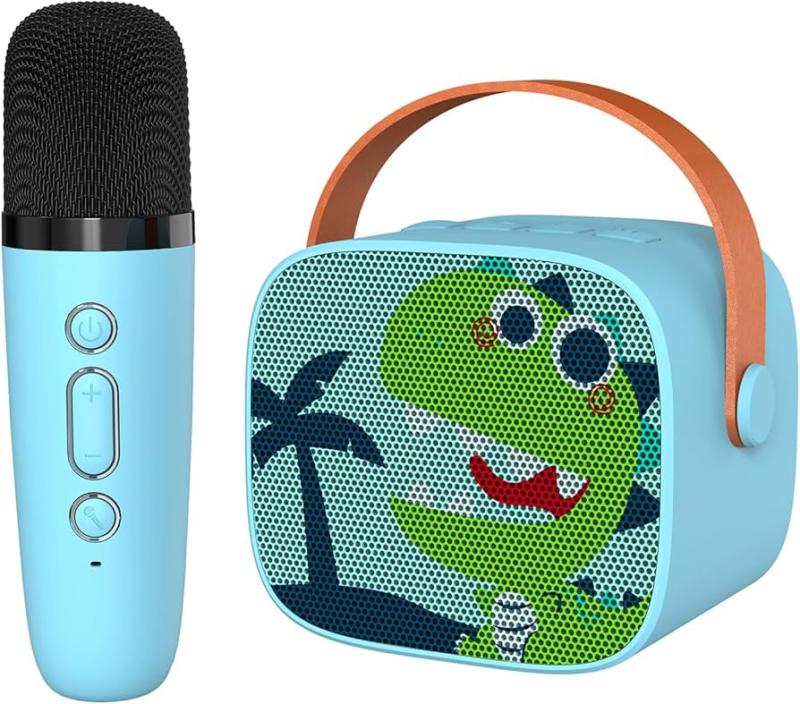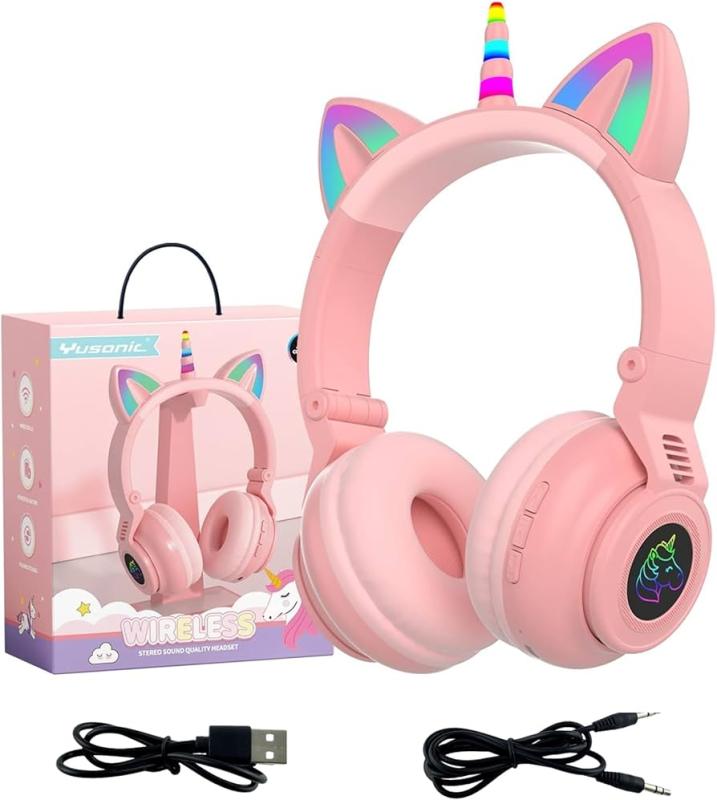Music has always been a powerful medium for self-expression and connection, transcending age, language, and ability. In recent years, there has been a growing movement to break down barriers and make music accessible to people of all ages and abilities. Thanks to advancements in technology and innovative thinking, inclusive musical instruments are now available, proving that age is just a number when it comes to enjoying the power of music.
Gone are the days when musical instruments were seen as exclusive to only those with traditional training and youth on their side. Inclusive musical instruments are designed with the specific needs of individuals in mind. For example, there are now lightweight keyboards that are easier to play and maneuver for people with physical disabilities. Similarly, innovative percussion instruments with adjustable heights allow individuals of all ages and sizes to comfortably participate in drumming circles and musical ensembles.
Moreover, technology has played a crucial role in making inclusive instruments a reality. With the advent of digital music interfaces and computer software, people of all ages can now create music without the need for years of practice. Specialized musical apps and electronic instruments make it possible for anyone to explore their creativity and enjoy the joy of making music, regardless of their age or previous musical experience.
Opening a World of Possibilities: Instruments for All Ages
When it comes to music, age should never be a barrier. Music has the power to bring people together, regardless of their age or background. In fact, there is a wide range of musical instruments available that cater to individuals of all ages. From young children to older adults, there are instruments that can be enjoyed by everyone. Opening up a world of possibilities, these inclusive instruments enable people of all ages to explore their musical abilities and embark on a journey of self-expression.
For young children, instruments such as xylophones, small keyboards, and maracas are perfect for introducing them to the world of music. These instruments are designed to be easy to handle and produce simple, melodic sounds that help develop their rhythm and coordination skills. As children grow, they can progress to more complex instruments like guitars, violins, or drums, depending on their interests and preferences. The key is to provide them with opportunities to explore various instruments and find the one that resonates with them.
On the other hand, adults who have always wanted to learn and play an instrument should not hesitate to do so. It's never too late to begin a musical journey! Many instruments, such as pianos, guitars, or flutes, cater to adult learners with different skill levels. Adult beginners can start with entry-level instruments and gradually progress with practice and dedication. Playing an instrument as an adult not only enables personal growth but also acts as a stress-reliever and creative outlet. It's a wonderful way to challenge oneself and discover new passions in life.
Furthermore, there are instruments specifically designed for older adults, taking into consideration any physical limitations they may have. For example, there are adaptive instruments with larger buttons or keys that are easier to press, or instruments that can be played while seated. These modifications ensure that individuals of all ages can experience the joy of making music while accommodating any age-related challenges. Music becomes an avenue for connection, self-expression, and a source of fulfillment for older adults, promoting mental stimulation and overall well-being.
From Toddlers to Seniors: Embracing Musical Inclusivity
Music has a powerful language that can transcend age barriers and unite people from all generations. From toddlers to seniors, everyone should have the opportunity to embrace the joy and benefits of playing musical instruments. Inclusivity in the musical world means breaking down stereotypes and encouraging people of all ages to explore their musical talents and find their unique voices. Regardless of age, each stage of life brings its own set of challenges and triumphs, and embracing musical inclusivity allows individuals to celebrate those experiences through the universal language of music.
For toddlers, who are just beginning to explore the world, musical instruments play a crucial role in their development. Early exposure to musical experiences can enhance their cognitive abilities, motor skills, and even boost creativity. Simple instruments like xylophones, shakers, and drums help toddlers engage in sensory exploration, improve hand-eye coordination, and provide an outlet for expressing their emotions. By introducing musical inclusivity at a young age, we nurture their love for music and set the stage for a lifelong appreciation of the arts.
As children grow older, their musical interests and abilities evolve. Schools and communities should encourage inclusivity by providing instruments and resources suitable for various age groups. From recorders and pianos to string instruments like violins and guitars, children should have access to instruments that match their developing skills and passions. By doing so, we give them the opportunity to unlock their potential, express their creative ideas, and continue to grow and learn through the power of music.
In the later stages of life, musical inclusivity becomes equally important for seniors. Playing musical instruments can help maintain cognitive abilities, improve memory, and boost overall well-being. Seniors should have access to instruments that accommodate any physical limitations while fostering a sense of achievement and connection. Whether it's a keyboard, a harmonica, or percussion instruments, music can bring seniors together, helping them build relationships, decrease isolation, and create a fulfilling and enjoyable experience in their golden years.
Melodies without Age Limits: Rediscovering Musical Joy at Any Age
Music has always been a form of expression that transcends age barriers. Whether you are a child just discovering the magic of melodies or an adult looking to reignite your passion for music, there are no age limits to embracing the joy of playing musical instruments. In fact, many musicians have found that picking up an instrument later in life can bring a renewed sense of fulfillment and excitement.
One of the reasons why music is timeless is that it allows individuals to connect with their emotions and express themselves in unique ways. Regardless of age, playing an instrument can be a therapeutic and rewarding experience. It provides an avenue for self-discovery, creativity, and personal growth. Whether it's strumming a guitar, tickling the ivories of a piano, or finding your rhythm on a drum set, there are countless opportunities for individuals of all ages to explore and rediscover the magic of music.
Moreover, learning to play an instrument later in life can be an enriching social experience. Joining a band or taking music classes allows individuals to connect with like-minded people and form new friendships. The sense of camaraderie and the shared passion for music creates a vibrant and inclusive community. Whether performing together or jamming in a garage, these musical connections defy age and can be incredibly fulfilling for all involved.
Age is just a number when it comes to music. It is never too late to start playing an instrument or revisit a forgotten passion. Whether you are a young child or a seasoned adult, the journey of rediscovering musical joy has no boundaries. So go ahead, pick up that guitar, press those piano keys, or grab those drumsticks. The world of music awaits you, regardless of your age.
Shop this topic
- Wireless Headphones for Kids — great for travel, learning, and quiet time
- Bluetooth Speakers — fun for dance breaks and family listening
- Musical Instruments — hands-on play that builds confidence
- Music Books — sing, read, and learn together



